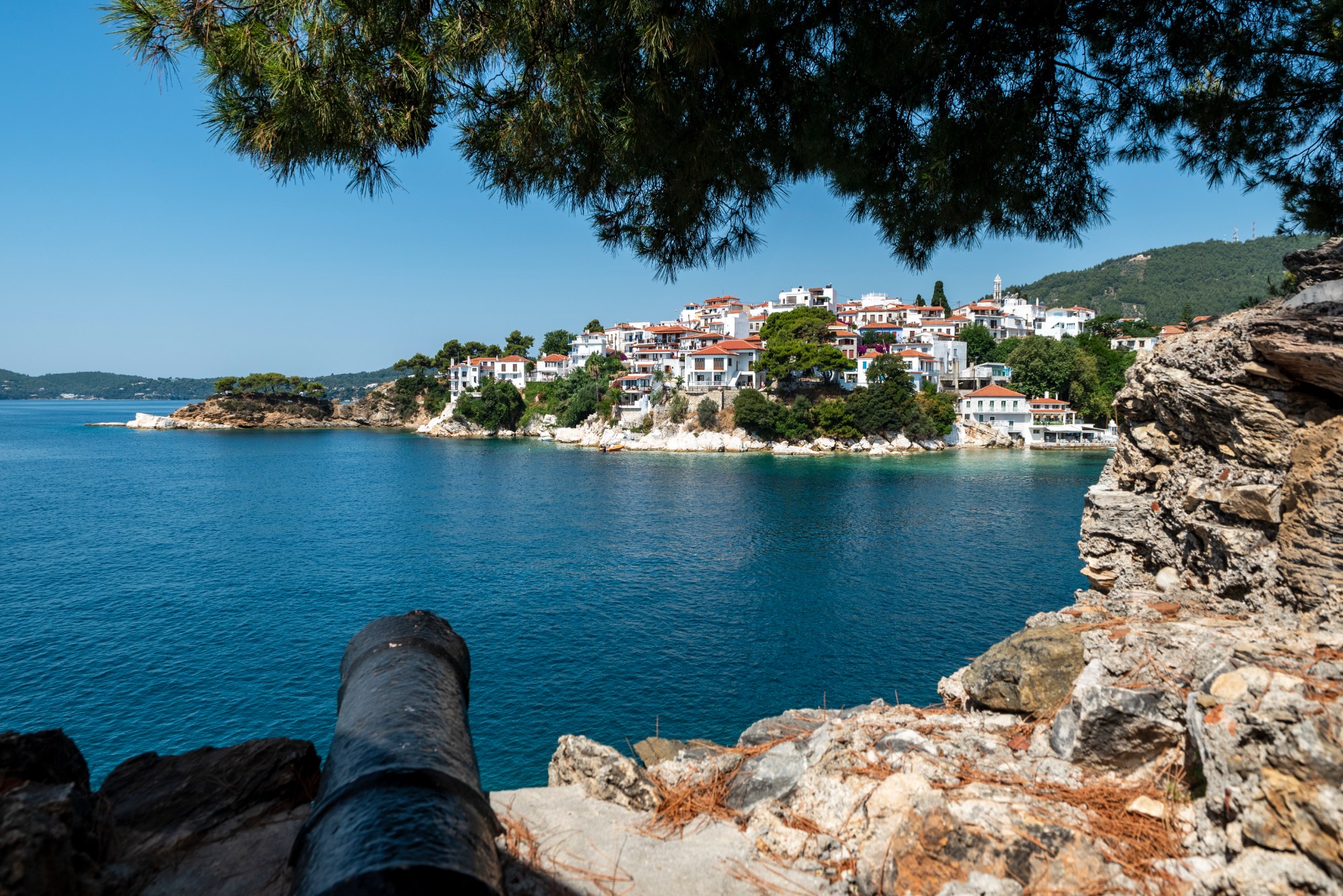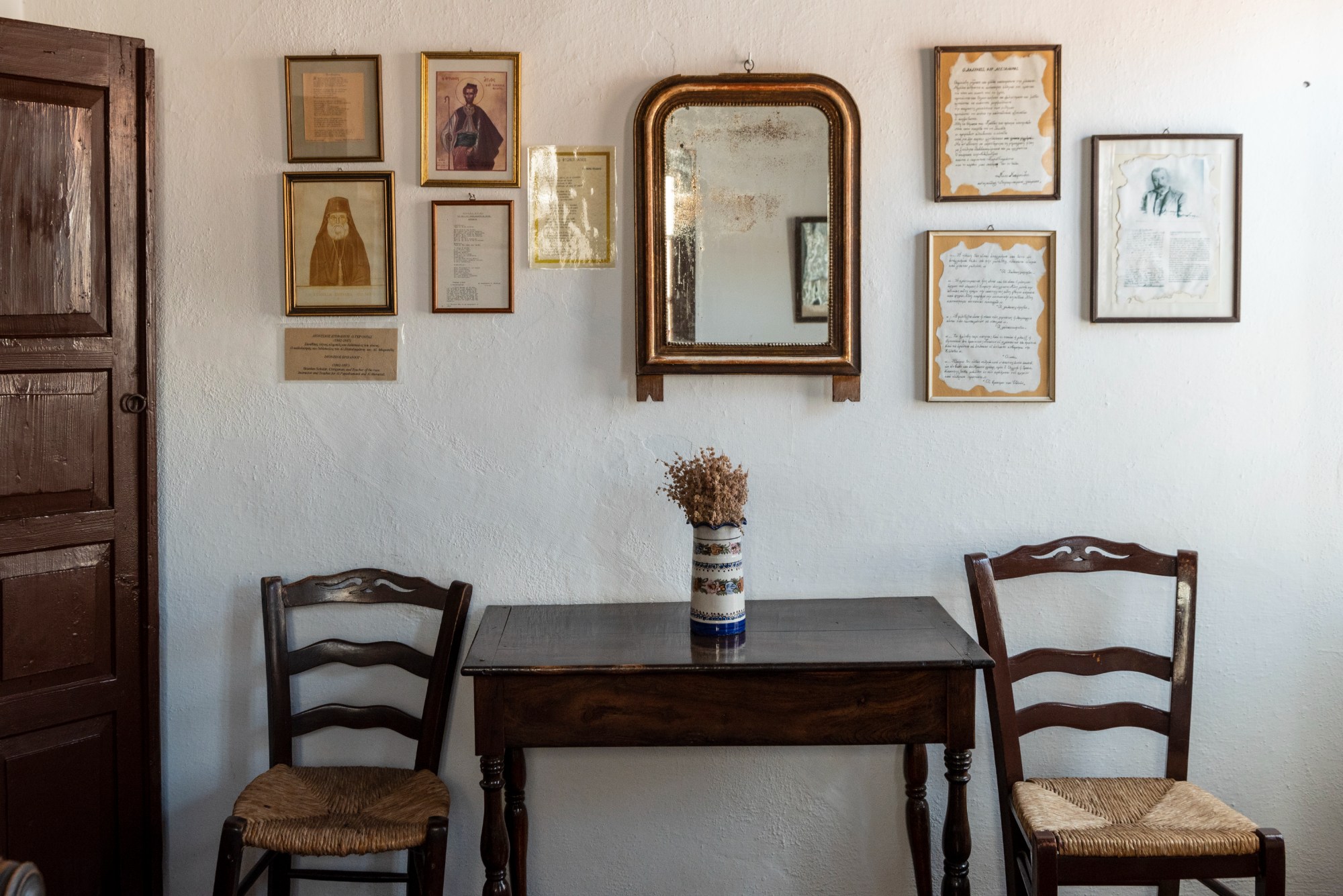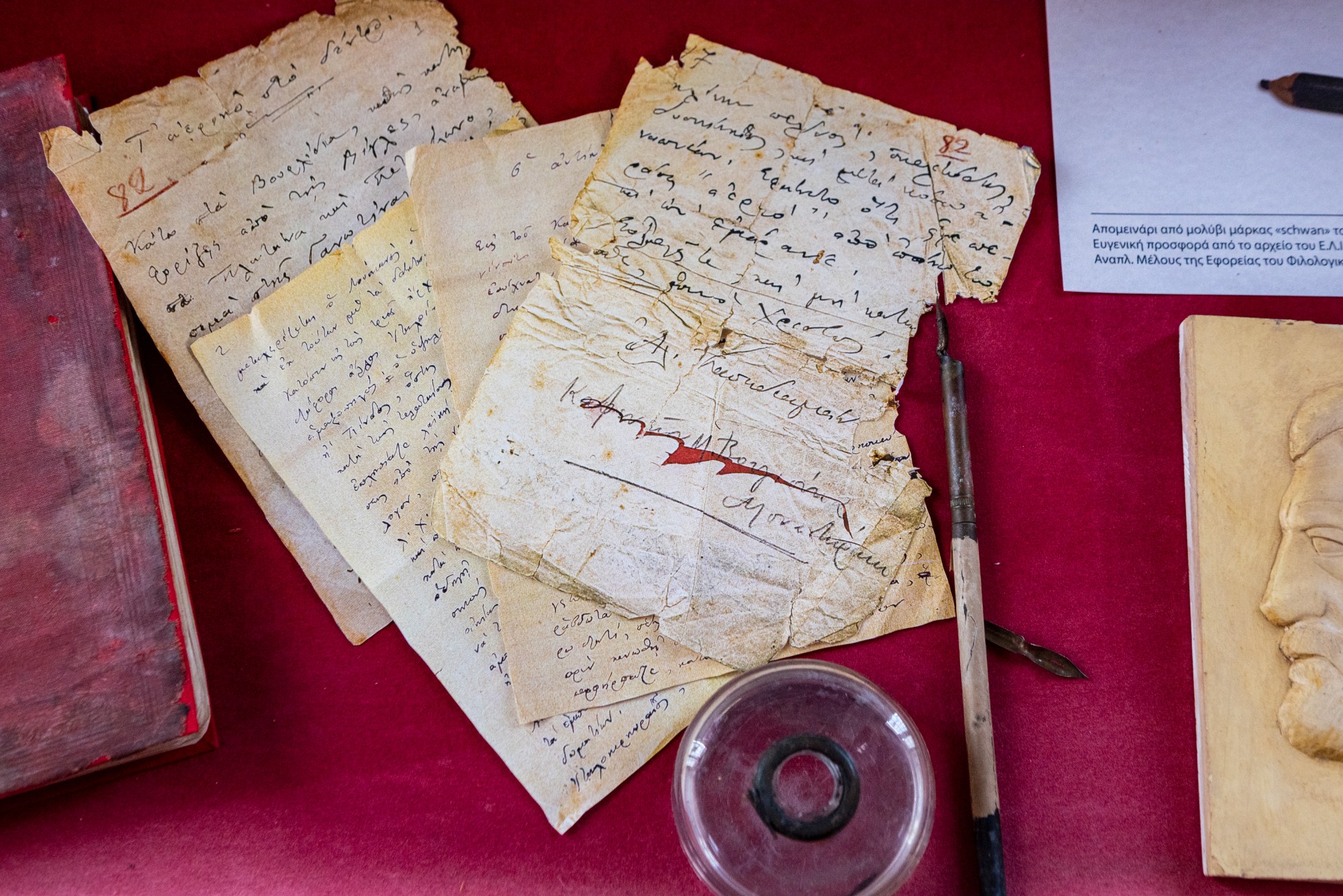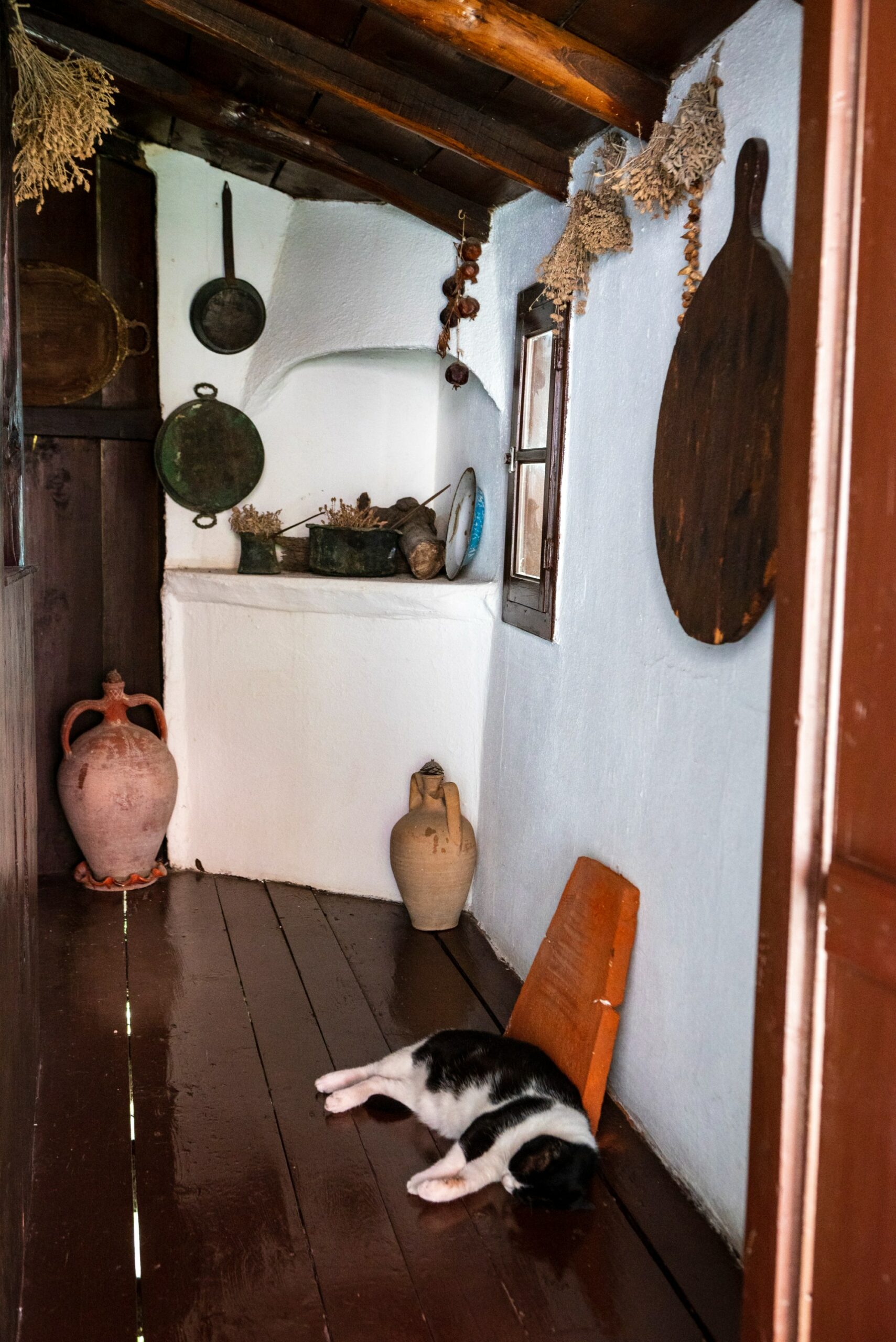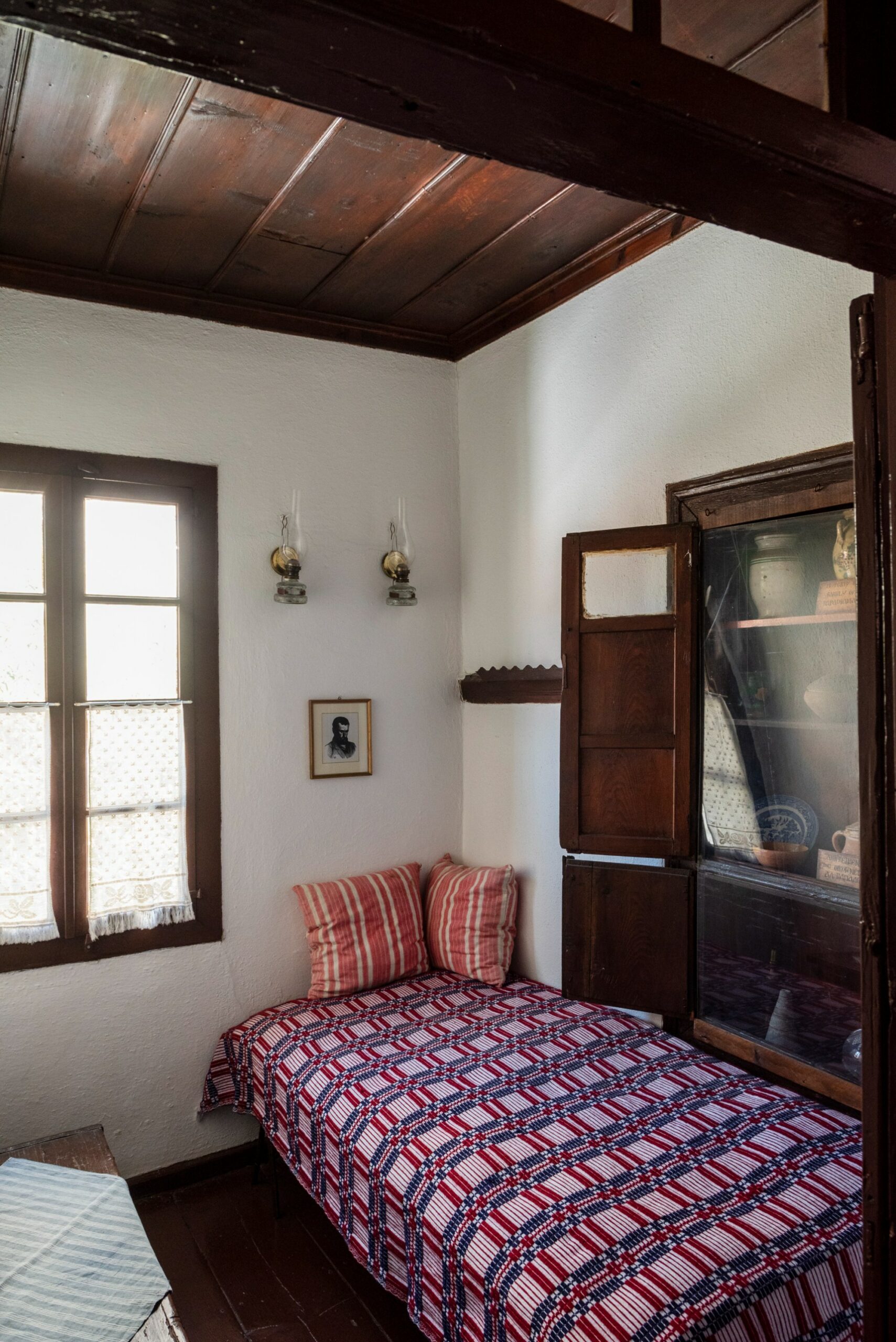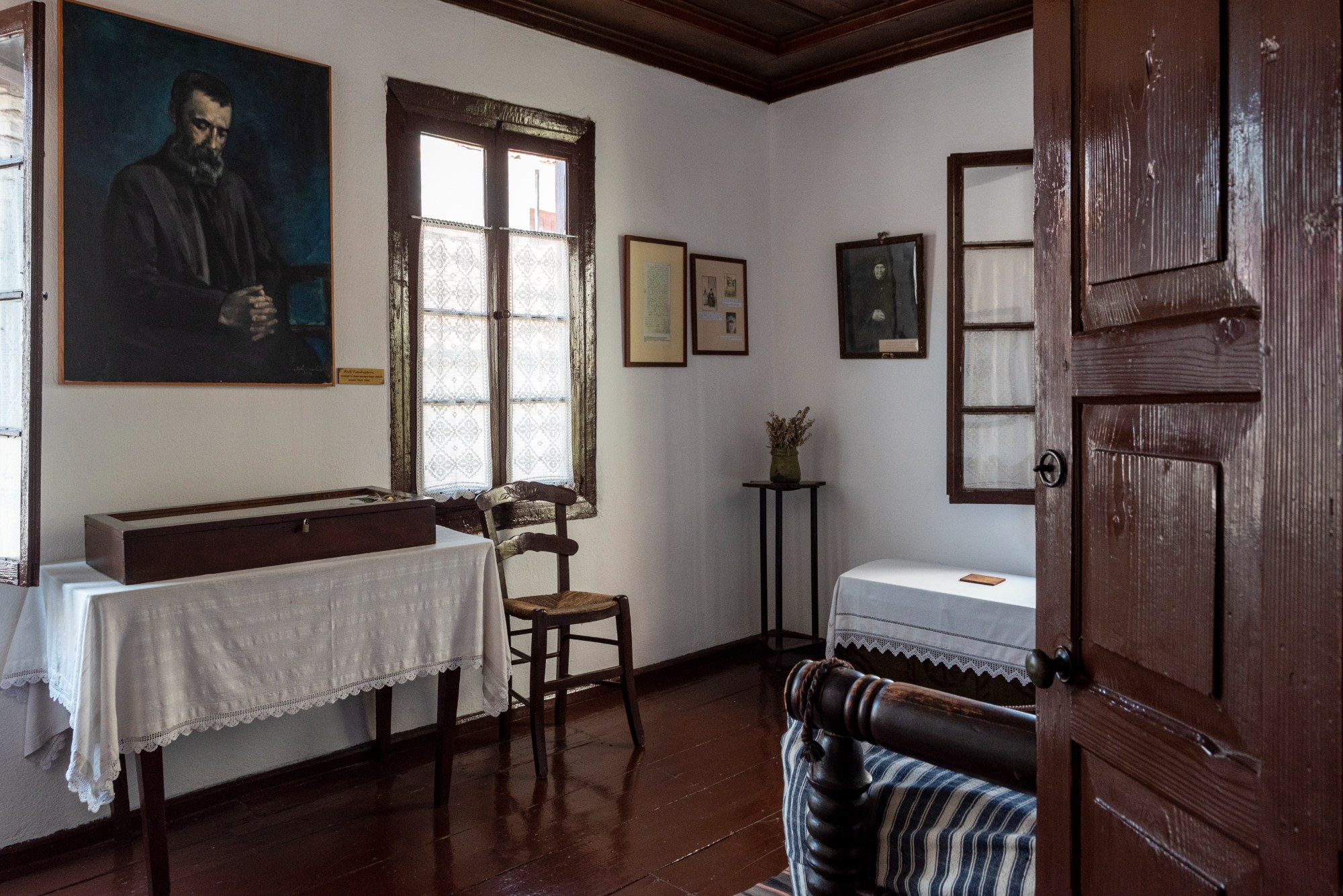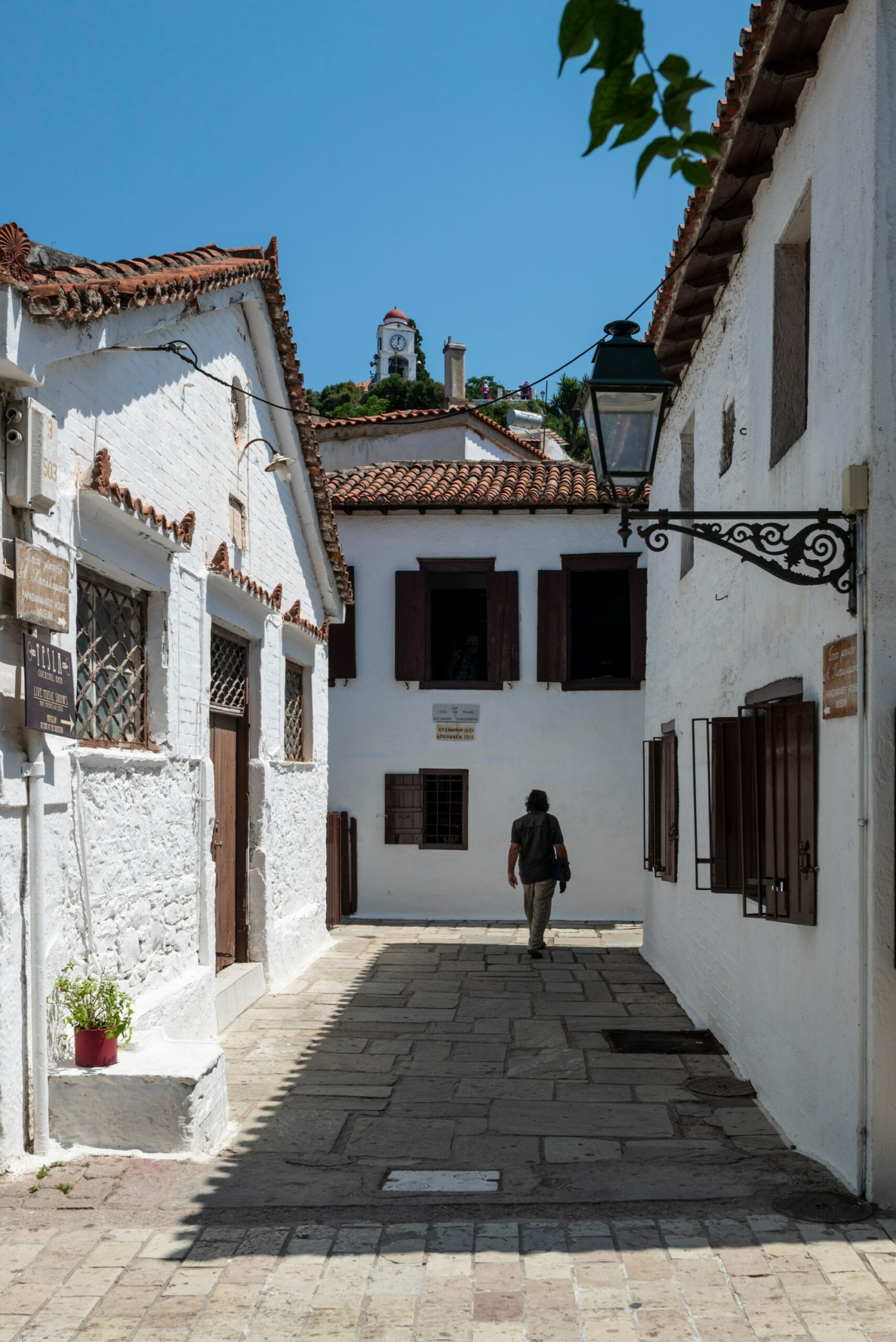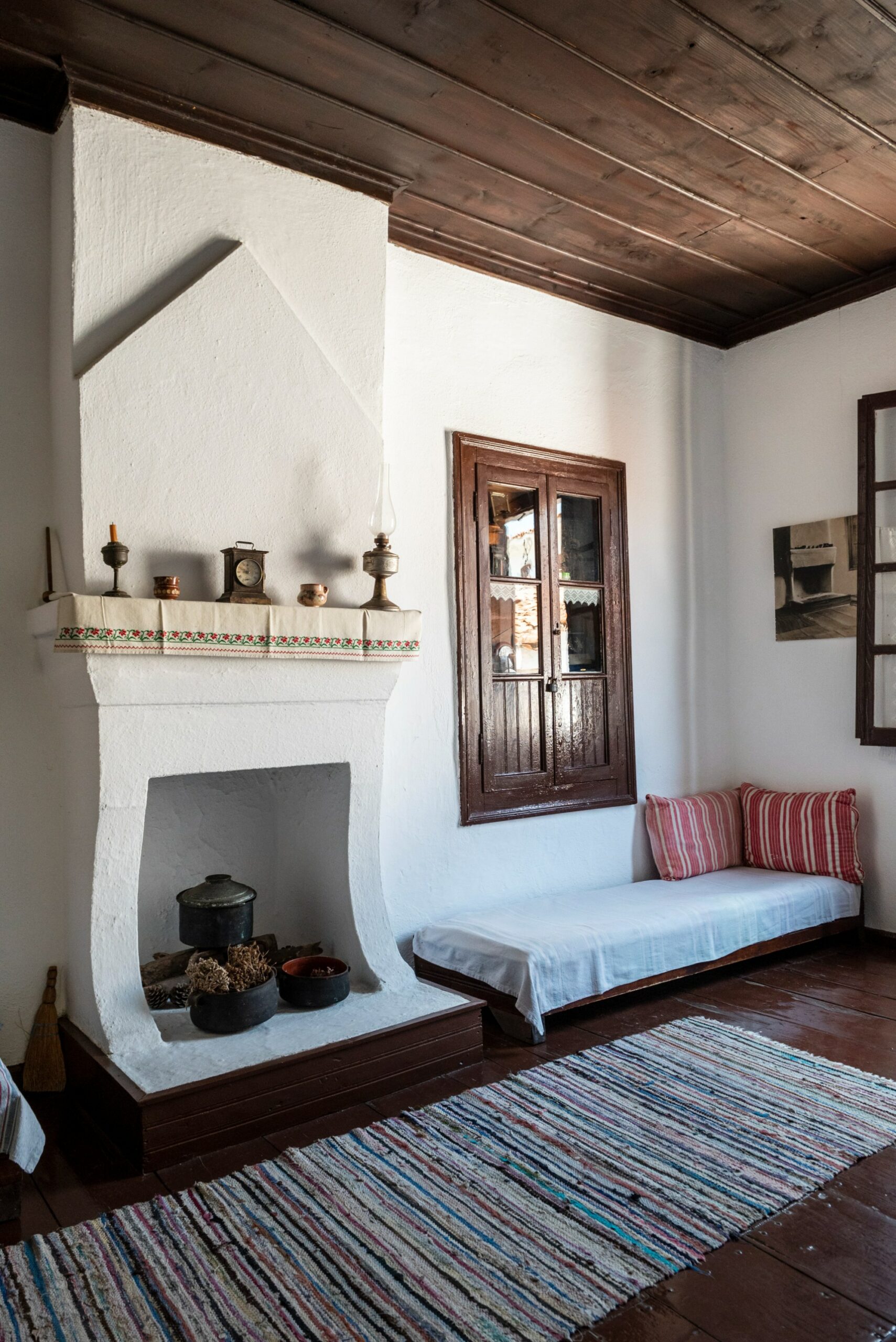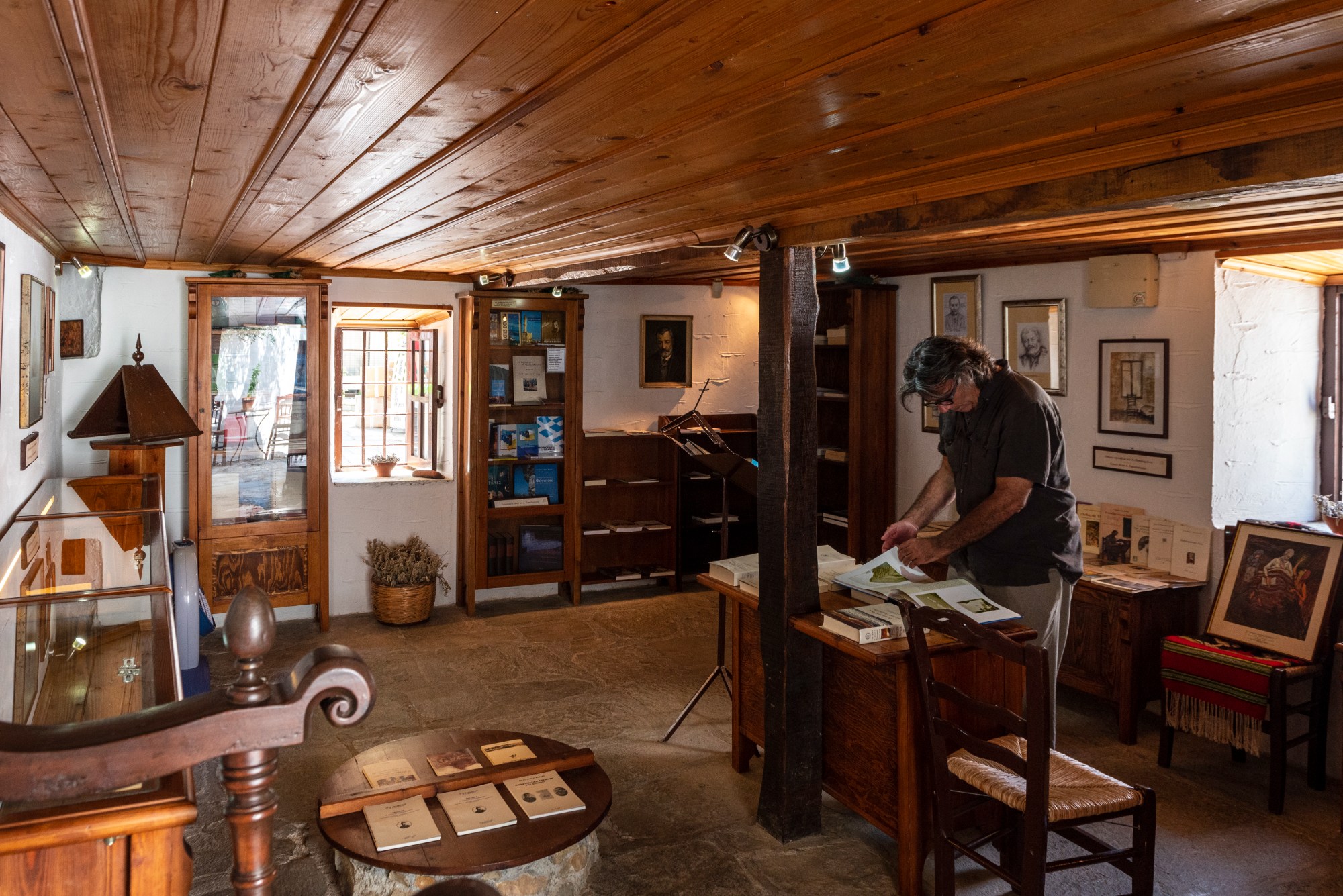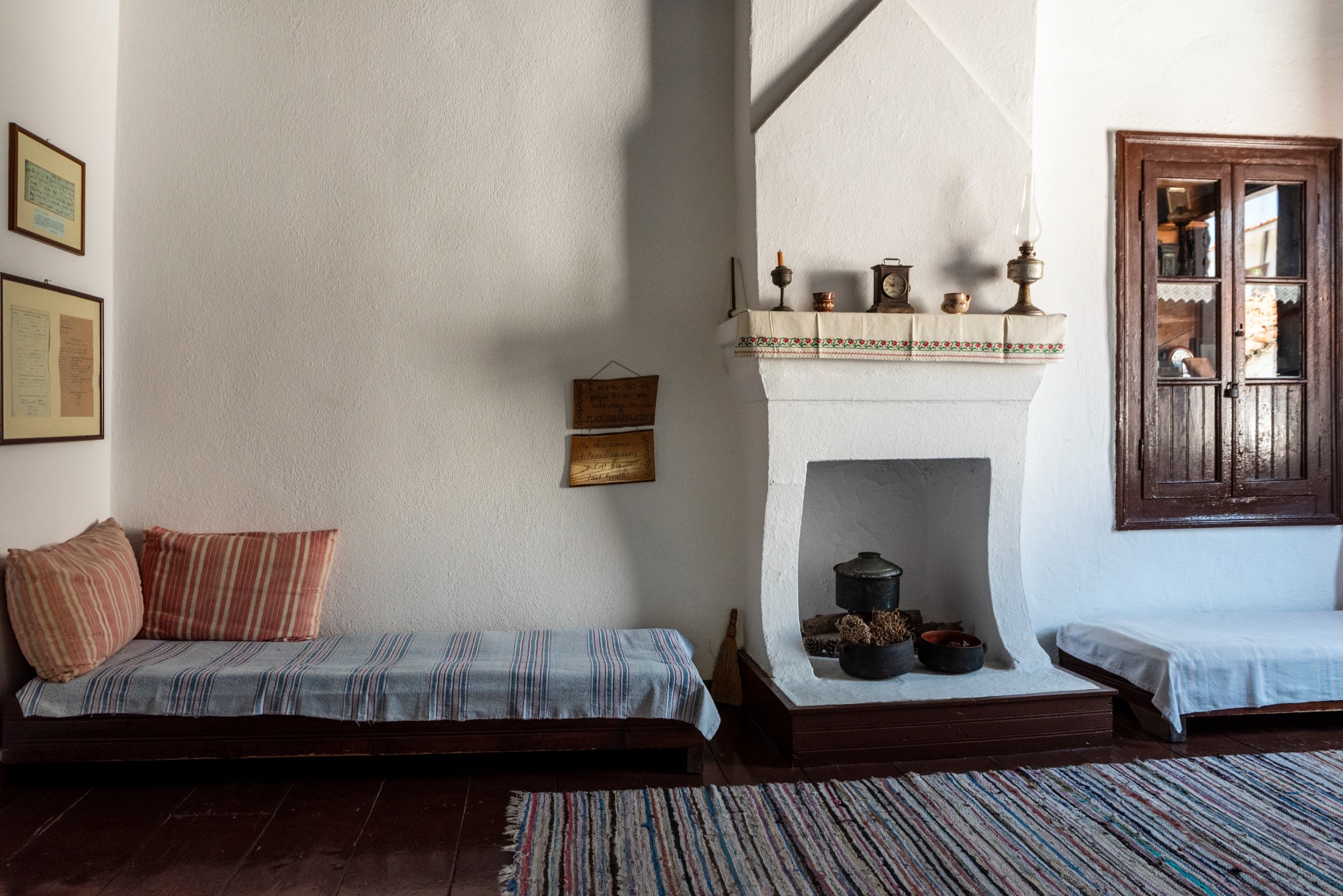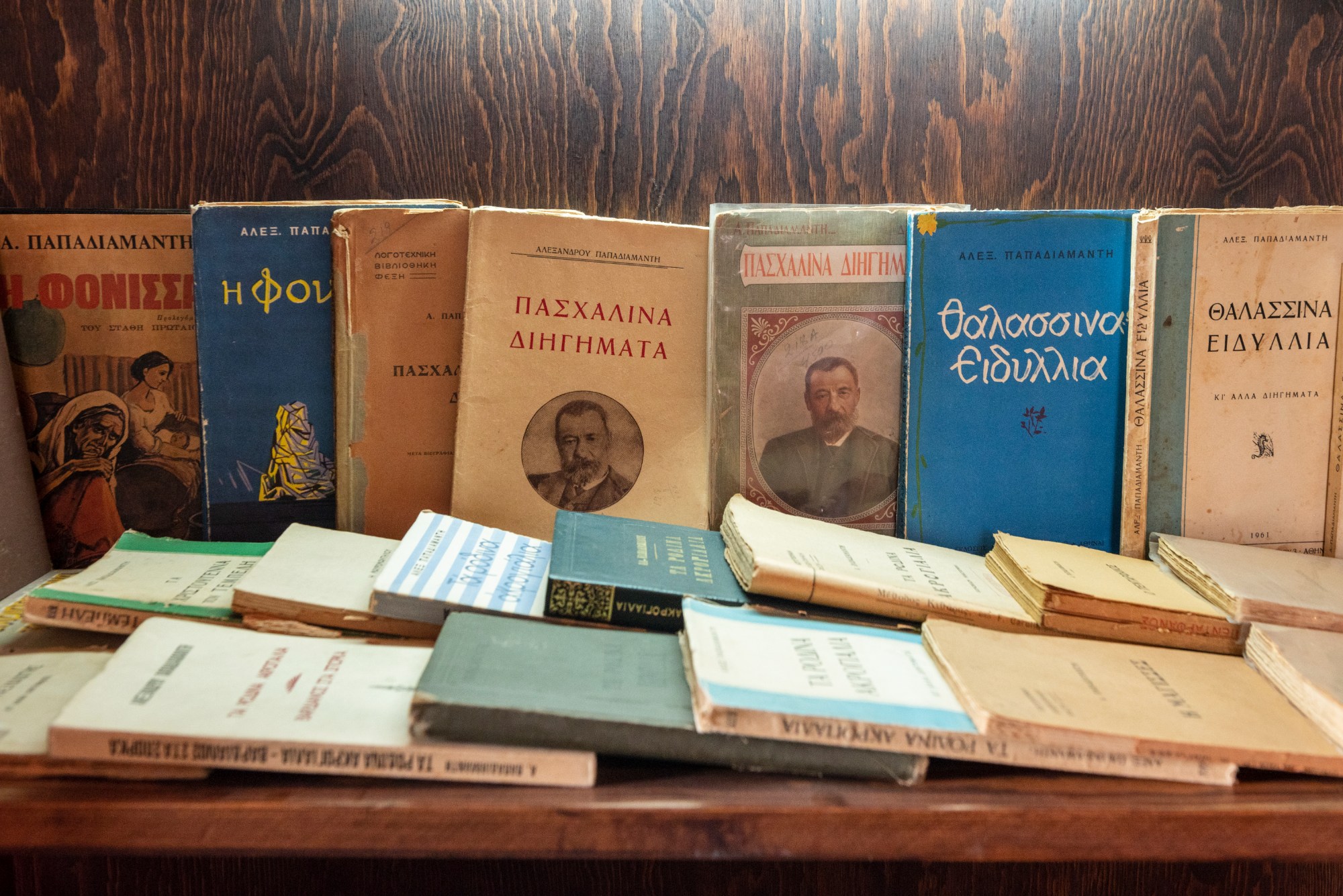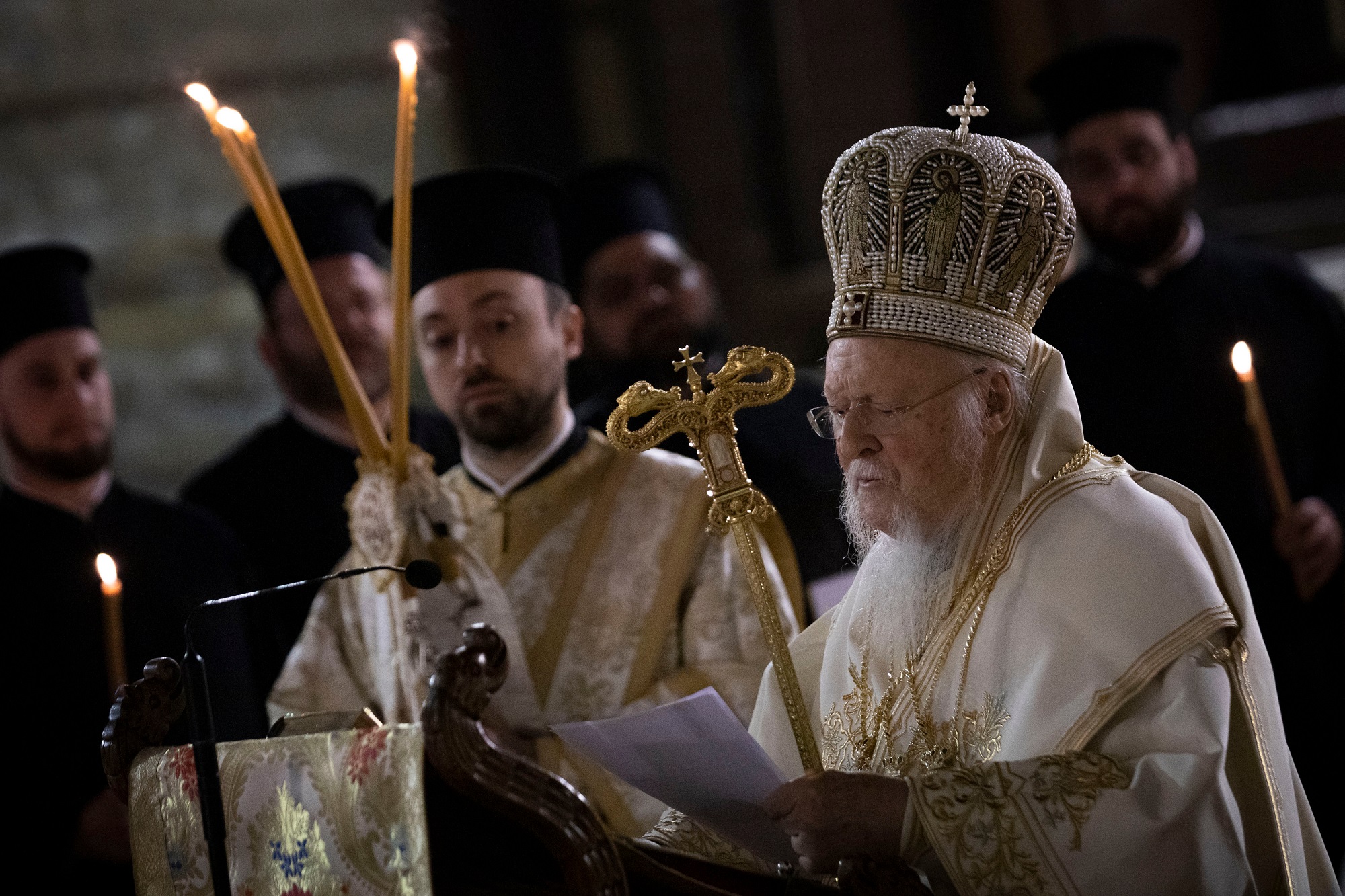Alexandros Papadiamantis’ love and passion for writing accompanied him through his lonesome and reclusive 60-year life. He appeared to float above the hardships he faced, economic difficulties being a key problem, writing 180 short stories, three novels, three novellas, 40 essays, as well as scores of articles for newspapers and literary magazines. The world-renowned poet Constantine P. Cavafy, possibly the most extensively translated Greek poet, described Papadiamandis as “top of the top”, while Literature Nobel Prize winner George Seferis wrote: “Makriyannis is the most significant prose writer in Greek literature, but not the greatest, because we have Papadiamantis.”
Born on March 4, 1851 on Skiathos, Papadiamantis, spent the greatest part of his life in Athens, but returned to the lovely Sporades island later in life, writing his final novels there, before he passed on January 3, 1911. Although Papadiamantis is widely recognised for his dexterity in katharevousa – a purist variety of modern Greek, which, until 1976, was the official written language of Greece – easily understood in Papadiamantis’ application of it, little is known about his translation work. Self-taught in English and French, Papadiamantis’ command of both languages reached advanced levels, making him one of the most sough-after translators of his period. Papadiamantis also studied Italian, at depth, to read Dante in the original language, while his translation of Dostoevsky’s “Crime and Punishment” is considered a leading rendition.
Papadiamantis belongs to the long list of artists – writers, painters and poets – internationally, who, during their lifetimes, failed to achieve the level of recognition they deserved. This Greek writer did not get to experience the satisfaction of seeing any of his books in print. Not long after Papadiamantis’ death, the Fexis publishing house began releasing the late writer’s work, reaching a total of eleven titles, before Eleftheroudakis published the entire body of his work. In 1933, Papadiamantis, whose spiritual devotion to his work and disinterest in money resulted in him being known as “the Saint of Greek literature,” was paid homage on his native Skiathos, when 400 intellectuals from France, as well as 150 from Greece, including many writers, gathered for a series of speeches before the writer’s bust. Around this time, publishers began releasing Papadiamantis’ titles in the French language, marking the beginning of his work’s international recognition.
Skiathos runs deep in virtually all of Papadiamantis’ writing, highlighting that, over time, the writer and his homeland had become one.
Papadiamantis glorifies, in his unique way, every little port, creek, hilltop and magical landscape of the island, expressing particular affection for Skiathos’ nature. Although his descriptions of such island features are not always accompanied by a luminous plot, they function as a sweet counterweight that offsets the hardships burdening poverty-stricken common folk. Papadiamantis knows his characters well, digging deep into their souls. Fishermen, farmers, migrants, priests, beautiful young ladies, widows, various swindlers, relationships, feelings and moral principles are all delved into and portrayed with great artistry.
Papadiamandis House Museum
Before visiting the Alexandros Papadiamantis House Museum in Skiathos, do try to read some of the work by the island’s emblematic writer. It will immerse you into his wonderful world, making your arrival at the port seem like an initiation. Insight into the writer’s life and work is offered at the Papadiamantis House Museum. Situated close to the main town’s harbour, next to the square and main road, named after the highly regarded writer, it is an elegant two-storey country-style house, from 1860, with simple décor – a typical Skiathos house of the period and one of the few surviving examples. The house-museum is managed by Mrs. Stavroula Miga, who offers enthusiastic guided tours, filled with love and devotion. “This house was built by [the writer’s father, a priest] Papa-Diamandis Emmanouel Moschovakis, who lived here with his wife Gioulo Moraiti and their five children, three girls and two boys. Deep faith in God characterised the life of this family and, as a result, religiosity was an integral part of the daily life of Alexandros Papadiamantis, throughout his life. He lived an ascetic life, avoiding secular ways, always giving to the poor and the unfairly treated, and very often chanting at churches. This way of life is reflected in his literary work,” Mrs. Miga informed. “Papadiamantis’ Christmas and Easter novels pay tribute to Orthodox Christianity, vividly depicting the atmosphere of the 19th century. He liked to live within the confines of his inner world, seeking spiritual relief through his memories, poems, high-quality prose, and his various short stories, most of which revive the old legends of his island,” she continued.
The creaking old wooden floorboards of the house seem to intensify the visitor’s images and thoughts of the writer and also highlight the humble values passed down to him by his parents, their humility and association with ordinary people, in contrast with the hypocrisy of ubiquitous moralists.
Our guide continued her tour: “The top floor has three rooms, while a little summertime kitchen may be seen out on the enclosed hayat-veranda space. To the right side is the bedroom in which the writer slept when he visited from Athens. The living room, in the middle, is the biggest room. Here you can see Skiathos hand-woven textiles, photos of the parents, the writer’s desk, ink pot and pen, as well as photocopied manuscripts. The third room, a sitting room, has trunks with clothes, a low-level dining table, and a fireplace with makeshift bed-sofas on both sides. This is the spot where Papadiamantis drew his last breath, late into the night between January 2 and 3, 1911, after being bedridden for 35 days with the flu and pneumonia.”
The ground-level space of the Papadiamantis House Museum is no longer a storage space, as it was during the family’s time at the house. It now serves as an exhibition space and library, showcasing collectible old editions and translated work. As was pointed out by Mrs. Miga, our guide: “Books by Papadiamantis have been translated in 23 languages. ‘The Murderess’ has been translated more than any other of his titles, while, more recently, ‘Stahomazohtra’ was translated into Japanese.”
Stepping out to the small yard with a lemon tree, my travel partner, photographer Giorgos Detsis, and I sat at a little table with a curly basil plant and discussed our impressions of the visit. “Before you leave the island, go by the Panagia ti Limnia church along the main town’s lower cobbled path,” the tireless guide advised us, explaining: “this is where Papadiamantis’ skull is kept.” Lines by prominent late 19th-early 20th century poet Miltiadis Malakasis, encapsulating the writer’s principles, are inscribed on the little case: “In your world, every creature is an entire world.”
Read also:
Skiathos After Dark: A Guide to the Island’s Nightlife
Lalaria: Τhe impressive beach in Skiathos only accessible by boat
Alexandros Papadiamantis’ Skiathos -Inside the great writer’s house



